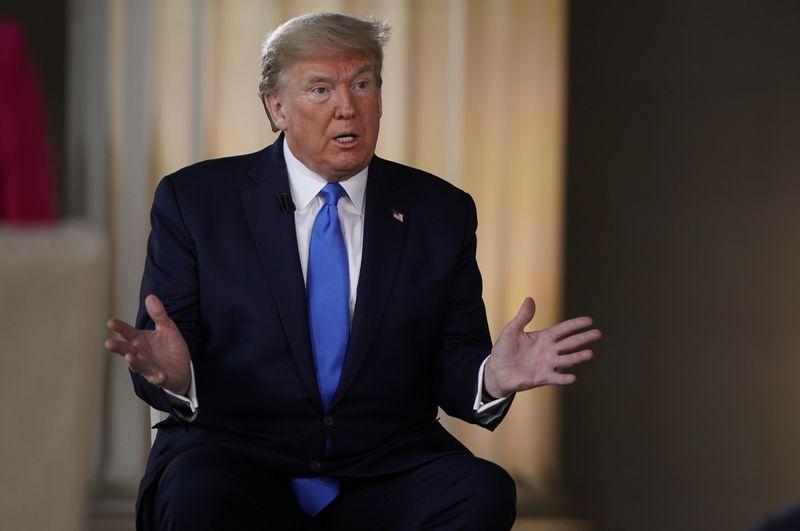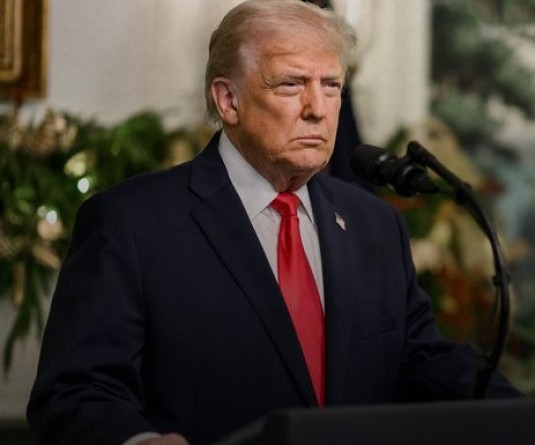America could actually shirk its debts to China

NEW YORK, May 4 (Reuters Breakingviews) - With all the economic damage China wrought by covering up Covid-19’s spread, why should Uncle Sam pay back the $1.1 trillion it owes the People’s Republic? To do otherwise would cause market chaos, potentially trash the dollar’s status as a reserve currency and fail to slow the pandemic’s course. But President Donald Trump would find it surprisingly easy to effectively renege on those obligations. And as he sets out on a re-election campaign themed on blaming China for all his troubles, it’s only a matter of time before this bad idea gains wider traction.
The bluntest way to void government borrowings from China is to default. That’s the financial-markets equivalent of a nuclear war. It’s not easy. The Treasury can’t easily see who holds individual securities, which are mostly parked in accounts at Federal Reserve banks. China buys through intermediaries, many abroad. Defaulting would send the $18 trillion Treasuries market into conniptions, just as Washington needs to borrow heavily. Default is also technically forbidden by the Constitution.
Still, where there’s a will there’s a way. While America can’t just refuse to pay its debts, it could instead create what amounts to a synthetic default that hits selected debtholders only. Trump could simply demand that banks halt any payments of interest or principal to any account held by a Chinese government counterparty. Alternatively, he could freeze the assets. In extremis he could even demand they be seized. Think of it like sanctions, with China as the target. Trump could argue it’s not a default, since other holders of U.S. government debt would be paid.
These are the astonishingly broad powers granted by the International Emergency Economic Powers Act. In just under 1,000 words, the 1977 authority grants the commander in chief the ability to do almost anything with any property that touches a country representing an “unusual and extraordinary threat.” Those powers include blocking “transfers of credit and payment.” Covid-19 has already been cited as a national emergency. If the United States has been “attacked” by a foreign country or nationals, Trump can even order property to be confiscated.
Jimmy Carter used the act to freeze Iranian assets in 1979. Barack Obama used it against Venezuela. But Trump has both threatened to use the act – saying last year that he might deploy it to ban U.S. companies from investing in China – and done so. On Friday, he invoked it to ban imports of power-grid equipment from any “foreign adversary.” America had faced 58 supposed emergencies under IEEPA by early March, of which 31 were still live, according to the Brennan Center for Justice.
It wouldn’t be 100% effective, because China’s holdings aren’t easily visible. And delaying payments isn’t the same as freeing the United States from the obligation to pay. But even threatening to freeze China’s holdings, or stop banks from passing on interest or principal, would raise the stakes, play well with many of his voters, and put China on the defensive. A president under pressure might consider that a small price to pay for the anxiety it would unleash on markets. Tearing up debts to China is unwise and unlikely – but something that amounts to that is not beyond the realm of the possible.






